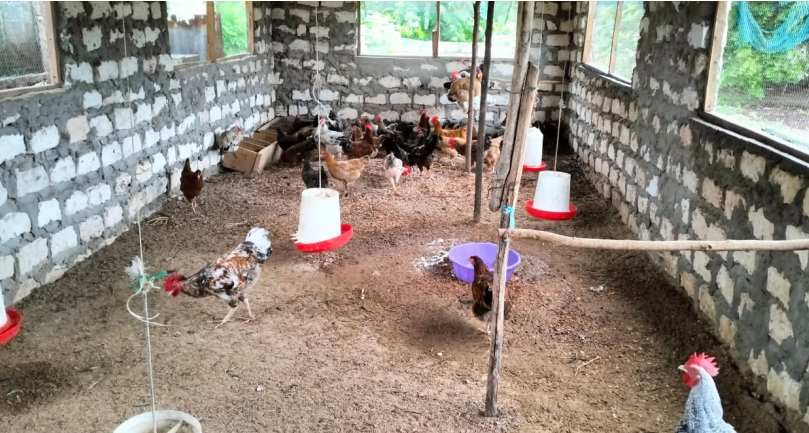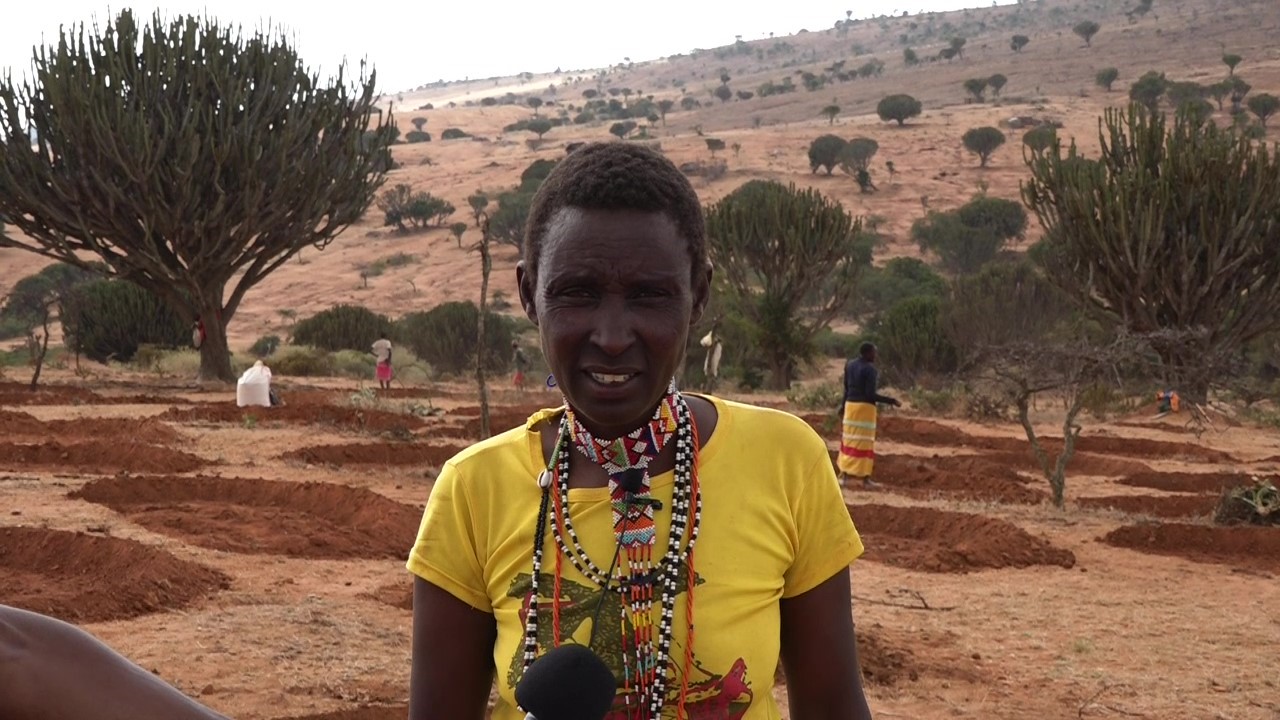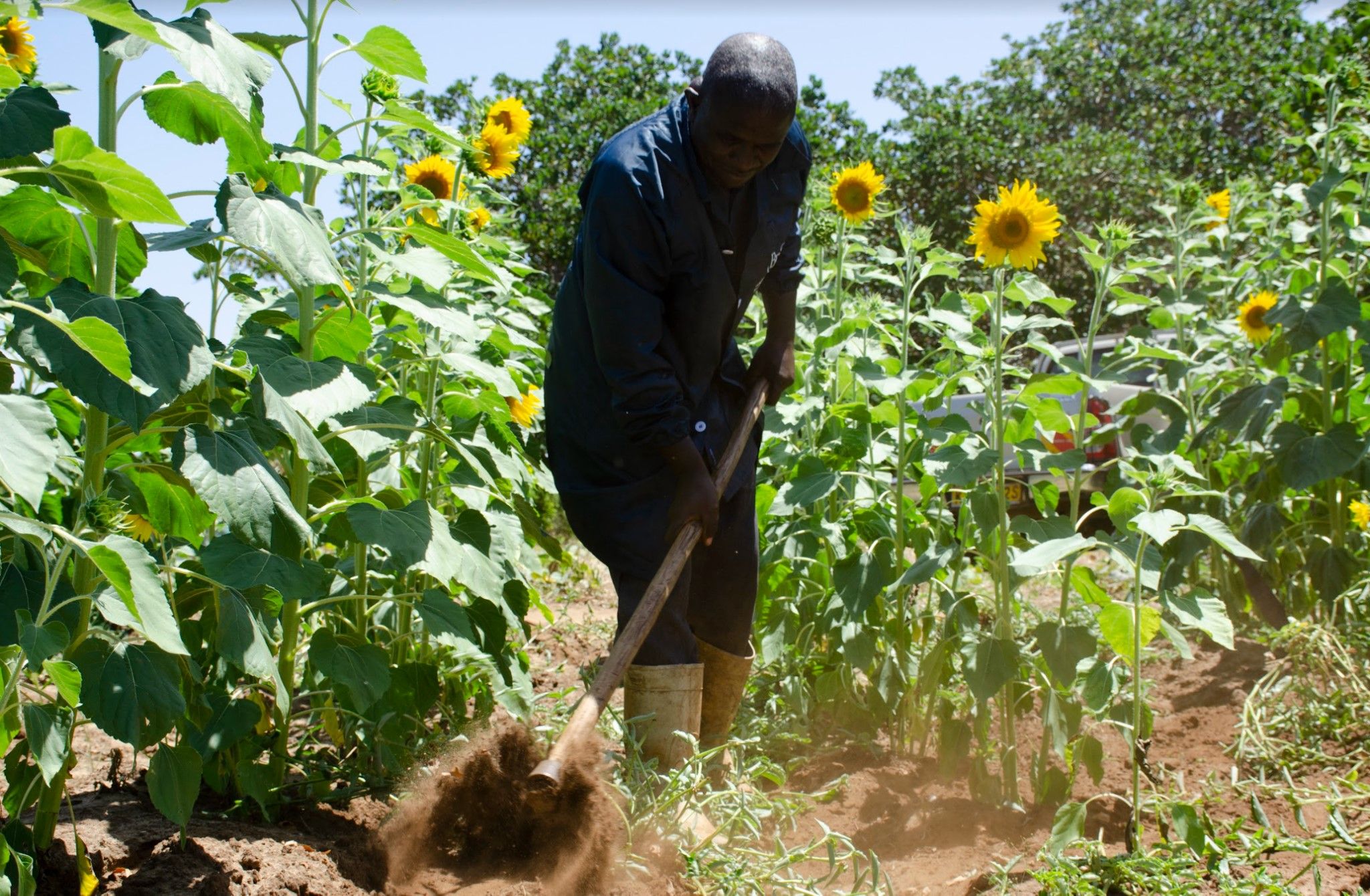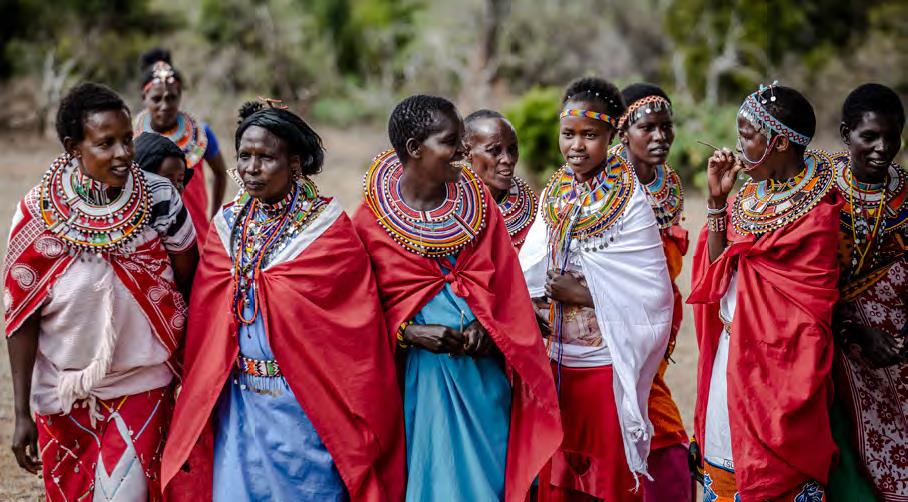The Restoration Initiative empowers woman with improved livelihood and business in Kenya Tana Delta region
We feature the story of Amalie Mara Miyesa who gives an account of how her life transformed through her participation in The Restoration Initiave project in the Tana Delta region.

Poultry farm established by Amalie Miyesa, a TRI beneficiary in Kenya.
Amalie is a 42-year-old mother of two children from Idsowe village. She is a member of the Tana Delta Conservation Network (TDCN), a local community group that unites 2,768 project beneficiary households.
“My life took a u-turn in early 2022 when I was introduced to the TRI Tana Delta project,” said Amalie. “My greatest encounter as a beneficiary was during an exchange visit to Baringo County in northern Kenya. We learned about forest landscape restoration, the development of environmental action plans and value chains that promote sustainable use of natural resources to generate positive results for nature and communities in arid and semi-arid lands,” she added.
“This exposure gave me the drive to start this poultry enterprise to enable me to get some income to supplement the little money I used to get from my husband,” said Amalie as she pointed at the poultry farm.
“Thanks to the partnership between Nature Kenya and TDCN, I have a 352-egg capacity incubator,” she said. "Initially, I used to hatch eggs using a locally fabricated incubator. The hatching percentage was low as most eggs were destroyed due to unregulated heat. However, with the new machine, the hatching percentage has tremendously increased to more than 75% and I now enjoy higher returns,” she explained.
She continued her narrative to the project team, “Life was very difficult before starting the poultry business. The money I used to get from my husband was insufficient to meet my needs as a woman and my family. In most cases, I had to request support from my family and friends, which was not sustainable as sometimes my requests were ignored,” narrated Amalie. “Poultry farming has enabled me to do wonders within a short time,” exclaimed Amalie. “My main source of income is from selling chicken, eggs, and chicks. I can pay full year’s school fees for my daughter and niece, who are in secondary school, besides meeting other expenses such as food and clothing for the family," she explained.
Amalia states that the high cost of poultry feeds and vaccines remains a major challenge. Still, she intends to expand the poultry enterprise from 370 to over 1,000 chickens per rearing period.
Amalie has planted numerous assorted trees on her farm. Manure from the poultry farm provides nutrients to the trees and crops to support their growth. Amalia has established a tree nursery to raise seedlings for restoring degraded sections of her land and adjacent landscapes. She intends to install a biogas plant to generate energy and reduce household consumption of fuel as part of the initiative to sustain community restoration efforts in the Tana River Delta.
The TRI Kenya Tana River Delta project has strengthened governance mechanisms for sustainable land management, with over 5,291 people directly benefitting from capacity building and training, including initiatives supporting livelihoods.



